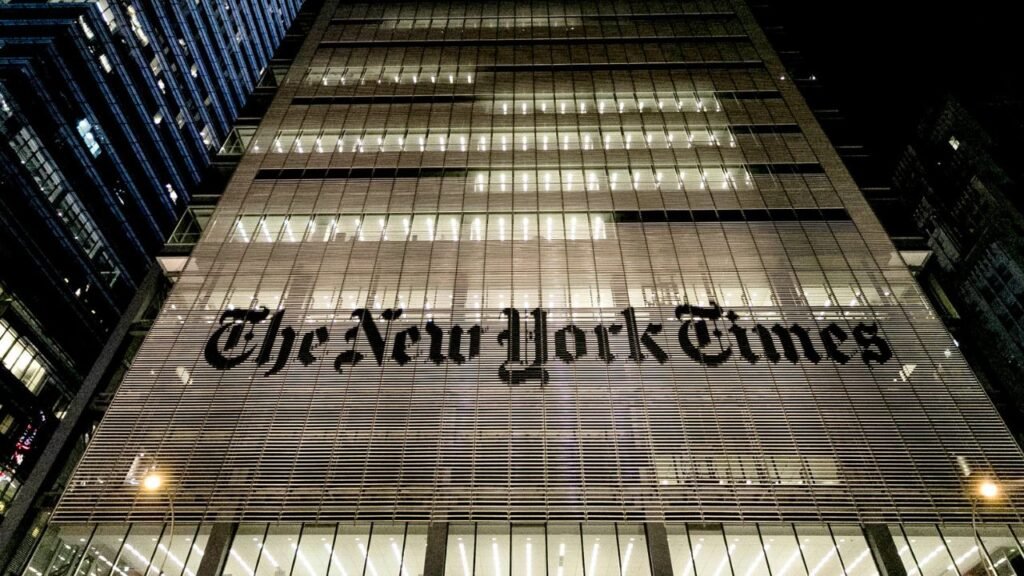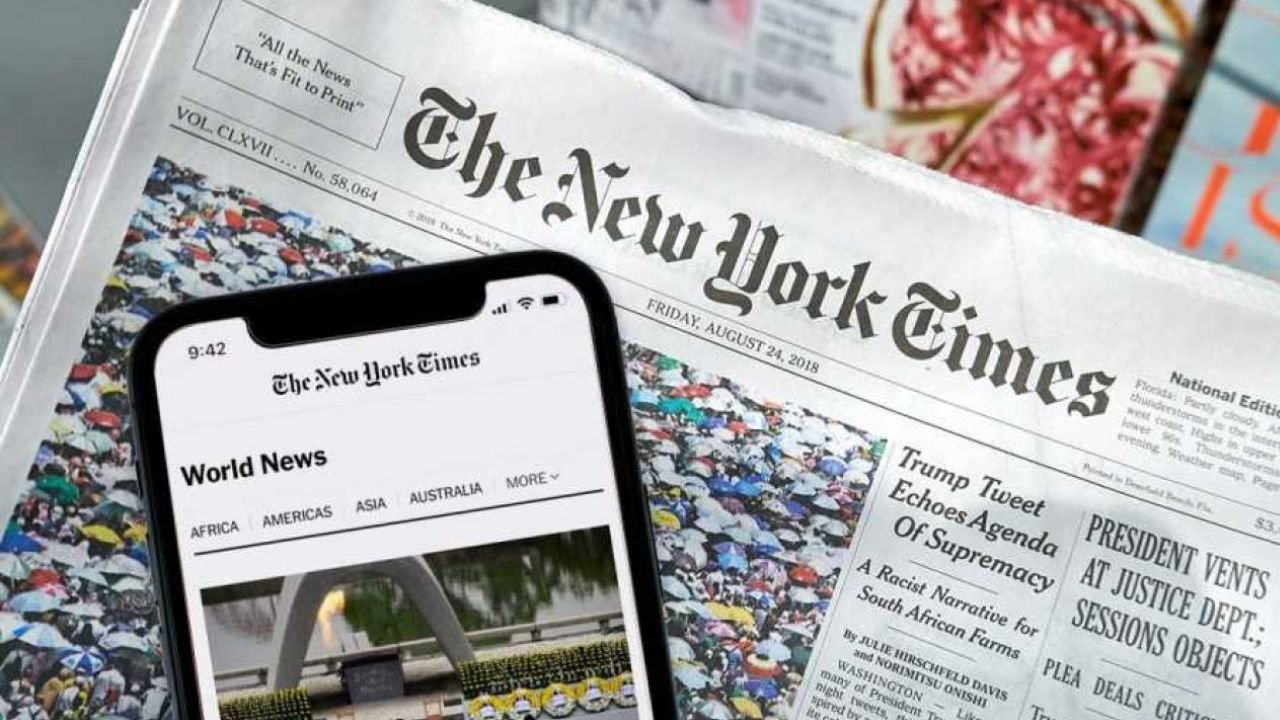A federal judge has dismissed former President Donald Trump’s $15 billion defamation lawsuit against The New York Times, calling the lengthy filing more of a political statement than a legitimate legal complaint. U.S. District Judge Steven Merryday, based in Florida, ruled that the lawsuit lacked valid legal grounds and failed to present a concise argument for the court’s consideration.
Judge Criticizes Filing Style
In his ruling, Judge Merryday emphasized that a courtroom is not a platform for personal attacks or political grandstanding. “A complaint is not a public forum for vituperation and invective,” Merryday wrote, stressing that legal filings must focus on facts and claims rather than rhetoric. He allowed Trump the option to refile the case but restricted any future complaint to 40 pages, compared to the 85 pages originally submitted.
Trump’s Allegations Against the Times
Trump’s lawsuit accused The New York Times of publishing defamatory material through articles and books that portrayed him in a negative light. Among the cited examples was a 2024 editorial declaring him unfit for office, as well as a book published by Penguin titled “Lucky Loser: How Donald Trump Squandered His Father’s Fortune and Created the Illusion of Success.” Trump argued that these publications were filled with distortions designed to damage his reputation.
Defendants Named in the Case

The lawsuit specifically named several prominent journalists, including Susanne Craig, Ross Buettner, Peter Baker, and Michael Schmidt, in addition to The New York Times and Penguin Books. Craig and Buettner were credited as authors of the book that formed part of Trump’s complaint. Despite these allegations, Judge Merryday determined that the case did not establish clear evidence of malicious intent or legal harm.
Reaction from The New York Times
Following the dismissal, The New York Times welcomed the court’s swift decision. In a statement, the newspaper described the filing as a “political document rather than a serious legal claim.” The Times reiterated its commitment to protecting independent journalism, saying, “We will not be deterred by intimidation tactics. Our mission is to pursue the truth without fear or favor and to stand up for the First Amendment rights of journalists.”
Broader Implications for Press Freedom
The case highlights the ongoing tension between Trump and the media, a relationship often marked by lawsuits, public criticism, and accusations of bias. Legal experts note that courts have consistently defended the press under the protections of the First Amendment, making it difficult for public figures like Trump to win defamation claims against journalists.
What Comes Next
Although Trump has been given the opportunity to refile a shorter version of the lawsuit, legal observers suggest that the chances of success remain slim unless his team can present clear evidence of falsehoods published with malicious intent. For now, the ruling is seen as another victory for press freedom, reinforcing the judiciary’s stance that political grievances cannot replace valid legal arguments.

